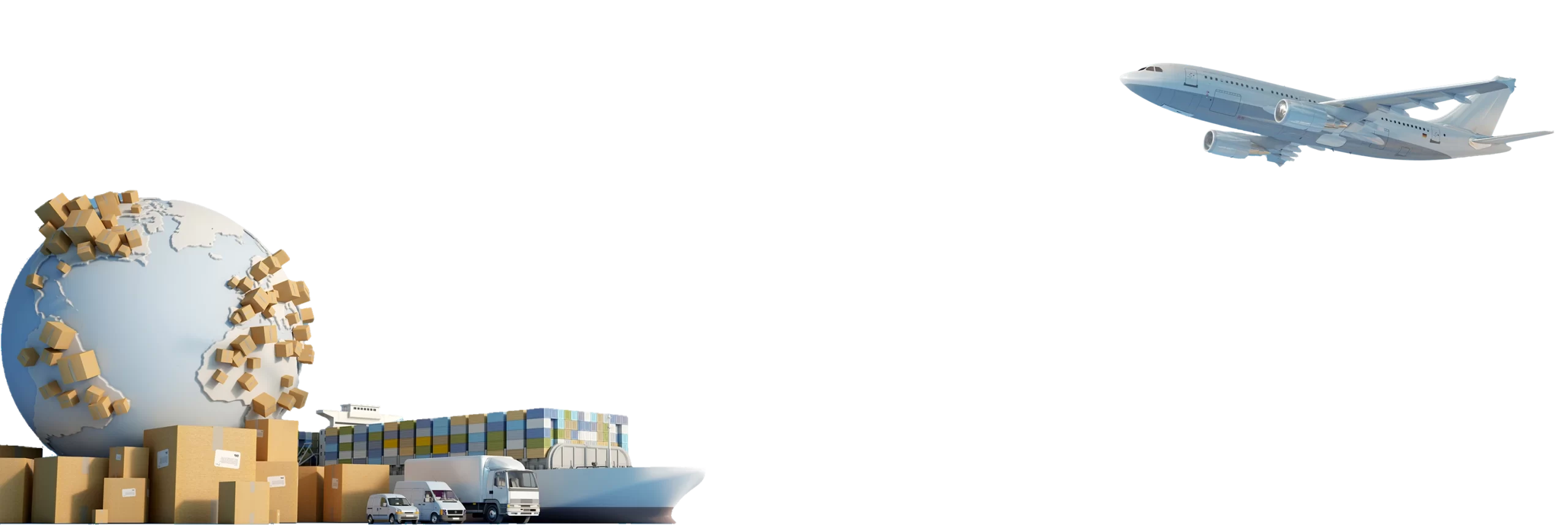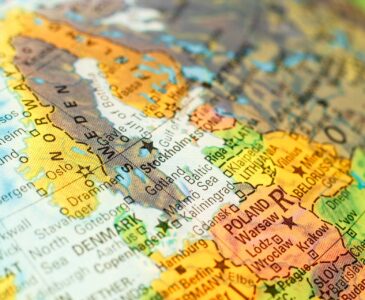If you’re looking for a change in your life, from a slower pace to a different side of the road when driving, then moving to New Zealand from the US may be the best choice you’ll ever make. You’ll fall in love with beautiful landscapes, sea, and warm and welcoming people at first sight.
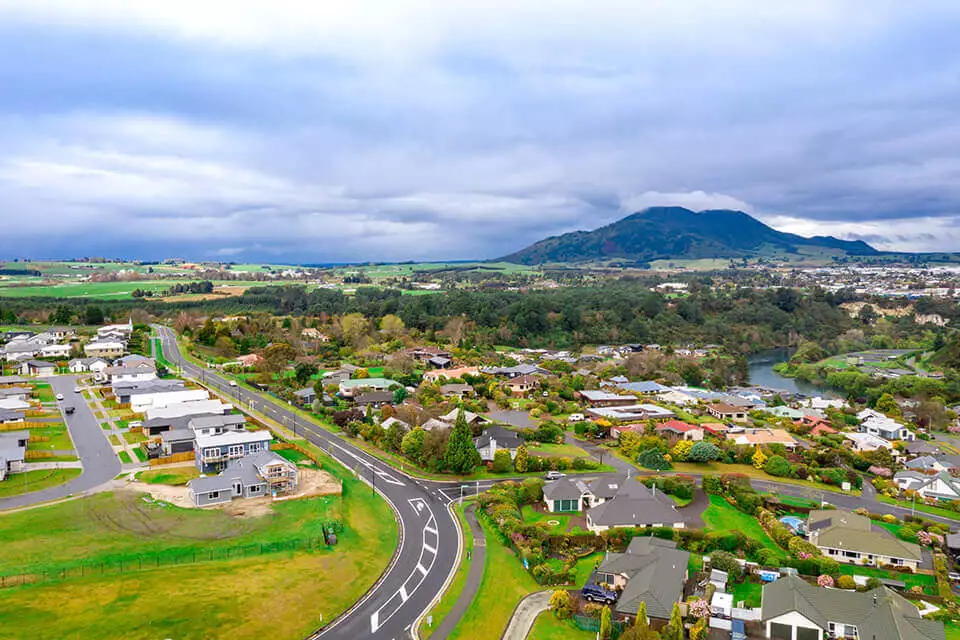
Still, there are a few things to know before packing up and leaving. New Zealand, or Aotearoa in native Maori language, is a Pacific island state, consisting of two large (simply called North and South, in English) and numerous smaller islands. The capital, Wellington, is located on the North Island, as is Auckland, the nation’s most populous city.
The population estimate in 2019 was nearly five million, while official languages are English, Maori, and NZ Sign Language (yes, it’s that progressive). The official currency is NZ Dollar, and, at current exchange rates, you may get 100 NZD for around 60 USD.
The political situation is stable, as always, so no worries there either. The national symbol is, surprise, the kiwi, and the local folks are generally called by that name. Another symbol is the traditional Maori dance called haka. While mostly seen before sports games, it is regularly taught at schools and universities.
Is Moving to New Zealand From the US a Good Idea and What to Expect Once There?
When you reach the land of the Kiwis, you may expect only the best of all worlds.
For starters, the climate is much milder than in the US. Temperatures rarely go below 50 °F. Perhaps the weirdest thing to get accustomed to when it comes to weather is celebrating New Year in the middle of the summer. Ok, maybe even weirder is driving on the left side of the road, like in the UK, Australia, Singapore, Ireland, etc. British queen is head of state there, too.
As we’ve mentioned, Wellington is the country’s capital, but it’s only the third city in size. Auckland is the largest and most populous, with almost 1.5 million residents. They’re both situated on the North Island. On the South Island, the largest is Christchurch, the second city in the country.
When it comes to landscapes, they can’t be described as anything other than marvelous. That goes for every part of the country, from beaches to the tallest mountain, which is Mount Cook or Aoraki in Maori. If anyone doubts the beauty of the scenery, he should just watch Lord of the Rings movies for a sneak peek. It was shot in NZ in its entirety, so it’s a fair chance you’ll end up on some of the filming locations, especially if you’re an outdoor type.
Since English is widely spoken, and culture is mostly Western, the main difference from the US is the pace of everything. It all goes much slower than in America. But believe us when we say that it isn’t a bad thing. Not bad at all. Life expectancy there stands at 81.6 years, which is three years more than the US. So there has to be something, right?
And while we’re on the field of TV and cinema, hit the web for crime and mystery series Brokenwood Mysteries. There you may see some of the rural NZ lifestyles through the eyes of detective Shepherd. He’s solving crimes while enjoying Johnny Cash, Tammy Wynette, and other country stars. Sort of a perfect blend.

Do You Qualify to Immigrate to NZ and How to Stay Permanently?
Now, to hit a more serious tone, it’s time for an administrative part of the matter. Americans don’t need a visa to enter NZ and stay for up to 90 days, but they are required to have an Electronic Travel Authority. However, since relocation is a long-term deal, a visa comes into the fray. Luckily, there are several grounds on which you can apply for one.
In your application, you’ll have to determine whether you wish to immigrate for education, work, reuniting with family, and for investing in a business. Education is a pretty straightforward reason, as is family. Investment visas are granted to Americans who invest at least three million NZ dollars, which translates into 1,785,000 USD, give or take a few hundred. So, if you have spare moolah and good business ideas, read up the details and head to the next dream home.
The fourth way is to work. Even though it would be better to already have a job waiting for you there, it’s not a must. Still, if you do have a position waiting, there are two kinds of working visas you may apply for – Skilled Migrant and Long Term Skill Shortage visa. Former is granted to those who wish to be permanent residents and “have skills that can contribute to economic growth.” Latter is for those who can fill skilled worker’s positions that are lacking in NZ.
What undoubtedly goes in favor of would-be expats is that many more applications are accepted than are denied.
What Work Positions Are in Demand Abroad
In NZ, there is a shortage of workers in many branches of the economy. Those are mainly in the construction industry, engineering, healthcare, and finance. The full list can be found on the website of the immigration service.
If you’re not in any of those professions, NZ will accept you if you’re an artist, entertainer, or if you earn for a living on a sports field. Another related option is entrepreneur visas, for those looking to open a business of their own or buy an existing one.
Residence and Citizenship-Related Questions
As a Skilled Migrant, you can stay in NZ permanently. Long Term Skill Shortage visa allows you to work for 30 months. You may apply to become a permanent resident after two years.
Obtaining a permanent residence is also a requirement for becoming a citizen, assuming your parents aren’t from New Zealand. An immigrant becomes eligible for citizenship after being a resident for five years. Other conditions are a good command of the English language, a virtually spotless criminal record, and that the applicant understands what the responsibilities of a citizen are. Personal interviews are rare, but there are fees involved.
Once you officially become a Kiwi, you may freely travel overseas and come back, enjoy access to free (or at least cheaper) healthcare and education scholarships.
A Few Words About Healthcare and Education
When deciding on relocation, the quality of healthcare should be among the top priorities in choosing a destination. In NZ, it is top-notch. Over three-quarters of expats said that theirs and the health of their children improved after the relocation.
NZ’s public healthcare system is not exactly free, but charged fees for some services are minimal. However, to access it, you have to be a citizen, resident, or have a work visa that lasts for two years or longer. Since the system is a mix of public and private, the same conditions are applied to private institutions.
On the other hand, emergency treatment of injuries is always free in hospitals. It doesn’t matter if the accident is your doing.
When it comes to education, NZ schools and universities are highly ranked on global lists, and literacy is over 99 percent. There are five types of public higher educational institutions, and there are good scholarships for all of them, available to citizens.
Moving to New Zealand From the US With Pets
NZ doesn’t restrict the entrance of dogs and cats, but the animal has to meet certain requirements. These differ depending on the species but also on where it is coming from. The goal of setting health standards is to prevent the entrance of diseases, pests, and unwanted animals on the islands.
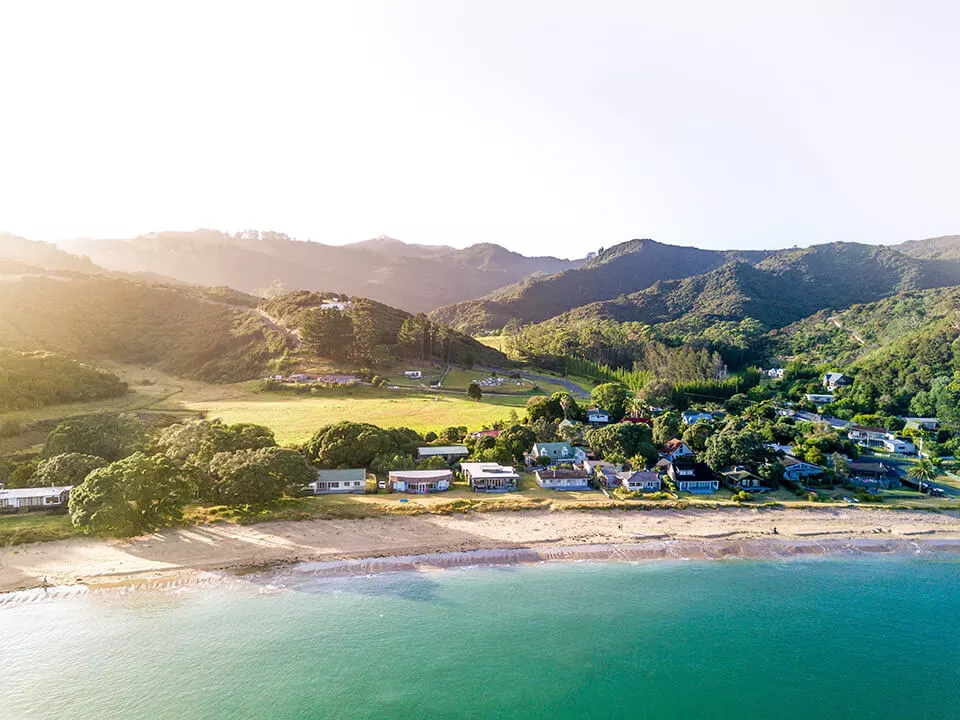
Living and Working as a Kiwi
Once you get settled in Auckland, Wellington, or some other city, you’ll immediately be enticed to live like one of the locals. People are very welcoming and ready to help each other whenever necessary. Folks generally live relaxed lives at a quite relaxed pace, especially if you compare it with larger US cities. Public transportation mainly takes the form of buses, though in some cities there is light rail.
With the local economy wading through the economic crisis of 2008 relatively unscathed, finding a job there is easy. Most open positions are in IT, science, and finance, among others. Some matters are the same as in the US. Work ethic isn’t lacking, and efficiency is valued as anywhere else. What is different, though, is that actual living happens outside the workplace. Once you finish with your job, in a very short time, you may be in a nature reserve, beach, hiking trail, or whatever else pleases your heart and soul.
Another important difference is that, unlike in the US, New Zealand employers are legally bound to give you at least 20 vacation days a year. When you add seven holidays each year, there’s plenty of opportunities to spend time doing what you like.
Somewhat related to the business side of the matter, opening a bank account is easy and can be done while you’re still away. You’ll need long-term visas, though. Then just show up in the bank with proof of identity, and you’re on.
Is It Expensive to Live in NZ?
When it comes to the overall cost of living, it is more or less the same as in the US, for the most part.
In Aotearoa, there are some pretty cheap housing options. The only exception to that is Auckland, where the average cost of the real estate stands around 700,000 USD. It raíses the national average significantly. However, to buy real estate as a foreigner, you’ll need a bank loan, as a kind of proof that you’re committed to staying. It may be useful to read up details on those preconditions more closely.
Renting is quite a straightforward business. Rent is usually paid weekly, and you have to put up a deposit. You may be required to provide proof of identity and income, as well as recommendations from previous landlords.
What to Do in Your Free Time
In words of NZ businesswoman Amber Irving: “Never let an opportunity pass you by!” That goes for pastimes in New Zealand as well. And since most of the country’s best offerings are outside of cities, overseas vehicle shipping is the right choice.
Beautiful landscapes are nothing that Americans haven’t seen before. Only, here they are really magnificent, and, even better, in a lot smaller area. There are tall mountains, green forests, rivers, and beaches perfect for surfing. Many of those play a more or less important role in the culture and tradition of locals or native Maori. Tourists may be excused for not knowing certain things, but a would-be Kiwi may not. Take your time, read up as much as you can. Your life will be richer for it.
Foodies won’t be disappointed either. Locally grown lamb is the pride of Aotearoa’s cuisine, but locals will enjoy fish and wine as well. However, aside from Asian, there aren’t too many restaurants offering international dishes.
As can be expected, the nightlife is centered in big cities, and places like Dunedin, which has a large student population.
National sports are rugby and cricket, and tennis, soccer, and golf receive some attention.
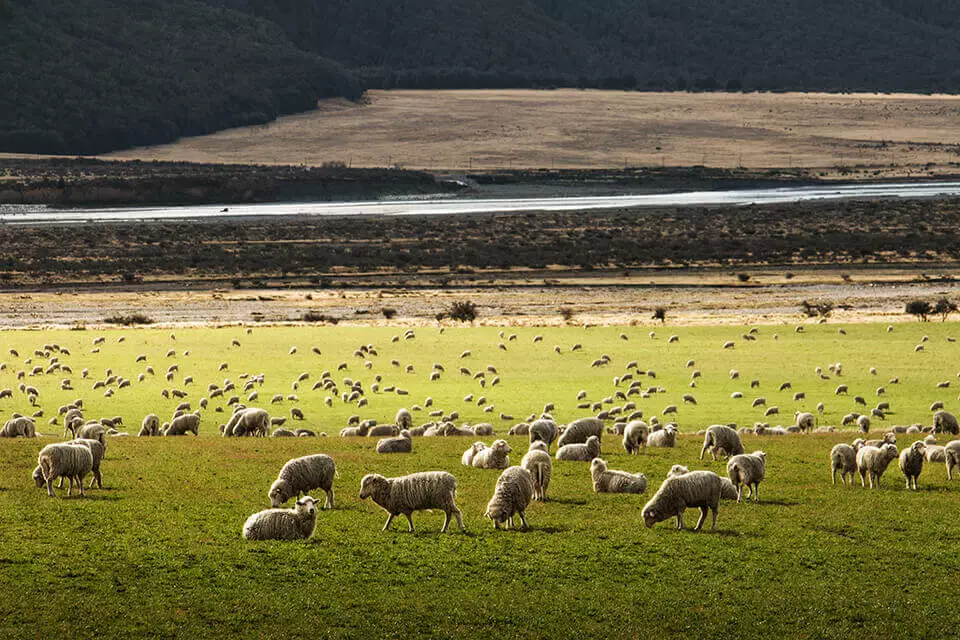
How Safe Is NZ
If you chose NZ to settle in, one thing you should expect is safety. In fact, in 2019, it was named the second safest nation in the world after Iceland.
Now, don’t get us wrong – crime exists. However, firearms control is tight, and people don’t fancy guns. Combine that with easy-going folks and tight-knitted communities, and you get a perfect blend for singles and families alike.
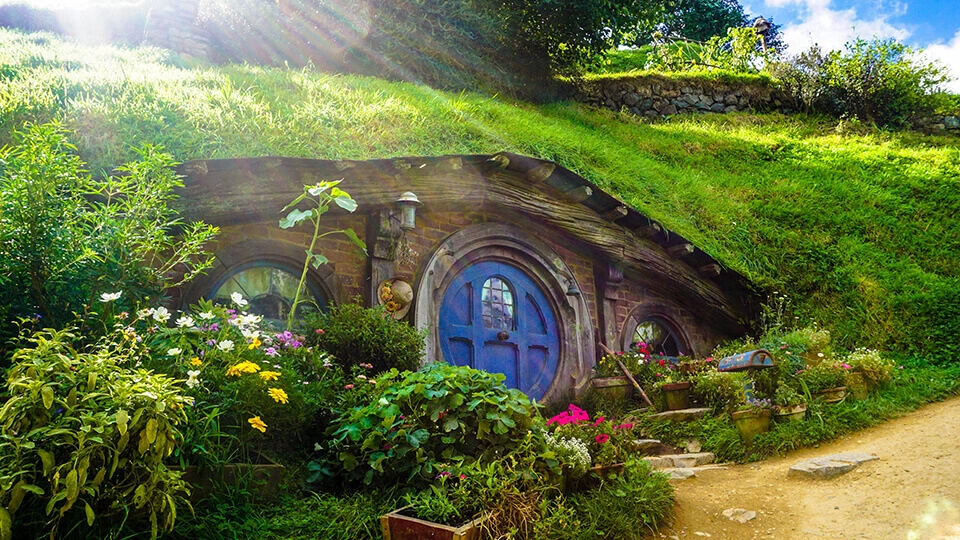
You’ll Master Navigation Through Everyday Life With Ease
There you have it, then – short but comprehensive New Zealand 101 relocation guide. Call international moving services today, and you’ll make a home in an island land that many would call a paradise on Earth. Or, if you prefer, Middle Earth.

